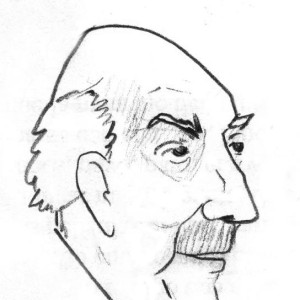Lewis Mumford quotes - page 5
Max Beer, in his History of British Socialism, points out that Bacon looked for the happiness of mankind chiefly in the application of science and industry. But by now it is plain that if this alone were sufficient, we could all live in heaven tomorrow. Beer points out that More, on the other hand, looked to social reform and religious ethics to transform society; and it is equally plain that if the souls of men could be transformed without altering their material and institutional activities, Christianity, Mohammedanism, and Buddhism might have created an earthly paradise almost any time this last two thousand years. The truth is, as Beer sees, that these two conceptions are still at war with each other: idealism and science continue to function in separate compartments; and yet "the happiness of man on earth" depends upon their combination.

Lewis Mumford
The relation between psyche and soma, mind and brain, are peculiarly intimate; but, as in marriage, the partners are not inseparable: indeed their divorce was one of the conditions for the mind's independent history and its cumulative achievements.
But the human mind possesses a special advantage over the brain: for once it has created impressive symbols and has stored significant memories, it can transfer its characteristic activities to materials like to stone and paper that outlast the original brain's brief life-span. When the organism dies, the brain dies, too, with all its lifetime accumulations. But the mind reproduces itself by transmitting its symbols to other intermediaries, human and mechanical, than the particular brain that first assembled them.

Lewis Mumford
Lewis Mumford

Photo:
Primitivojumento,
CC BY 3.0
Occupation: American Historian
Born: October 19, 1895
Died: January 26, 1990
Quotes count: 103
Wikipedia: Lewis Mumford








